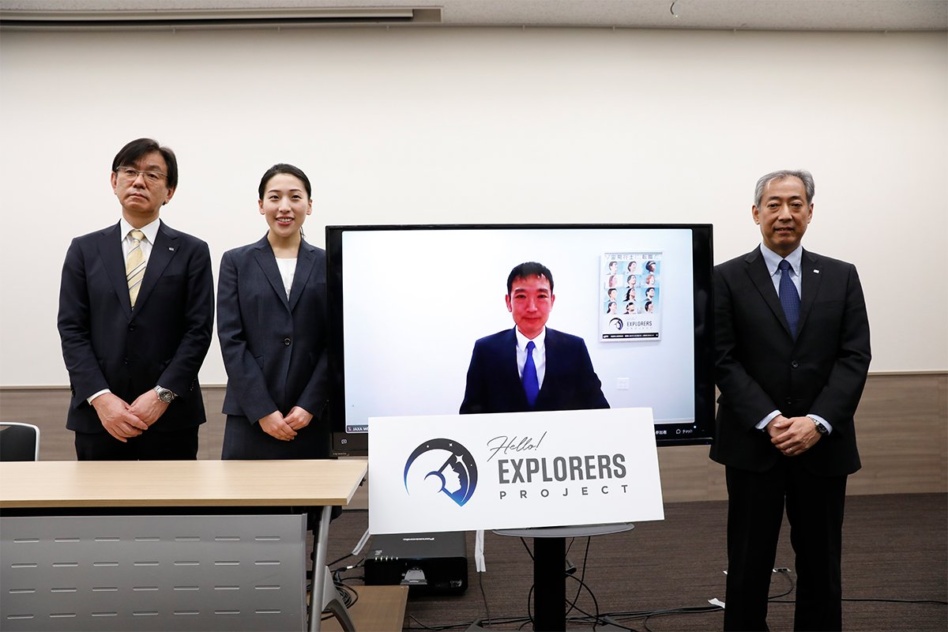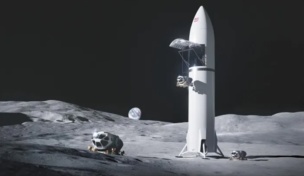Japan’s astronaut corps
Across the Pacific, two cadres of spacefaring hopefuls are getting the chance to train for extended stays off Earth. This week, China and Japan both announced plans to train new astronauts to support their respective human spaceflight programs.
Two candidates have joined Japan’s astronaut corps. Yesterday, JAXA announced the new recruits—the first since 2009—in a livestreamed ceremony:
- Makoto Suwa, a 46-year-old disaster risk management specialist at World Bank
- Ayu Yoneda, a 28-year-old surgeon at the Japanese Red Cross Medical Center. If she completes training, Ayu would be the youngest current Japanese astronaut as well as the third ever female astronaut from the country.
This brings the total of JAXA astronauts to 13, provided both candidates successfully make it through the astronaut training process.
Once fully trained, Suwa and Yoneda will be eligible for ISS tours as well as future Artemis missions. JAXA and NASA inked a deal in November that includes a provision to send a Japanese astronaut to the planned Lunar Gateway station.
Astronauts for Tiangong
China’s space agency, CNSA, completed the Tiangong space station last year and more recently rotated crews, marking a new era of two continuously occupied orbital outposts. Now, CNSA plans to train foreign astronauts to live and work on Tiangong.
CNSA has been tight-lipped on the astronauts’ identities, nationalities, and training. Tiangong program official Chen Shanguang told state media Saturday that several countries have expressed interest in collaborating with China at the station.
“We will soon begin to select candidates from those nations for joint flights to our space station, and they will be able to work with our astronauts to carry out scientific tasks in space,” Chen said.
Count Europe out: Foreign astronauts may one day visit Tiangong, but European-trained space cadets won’t be among them. ESA had previously entertained the possibility of a Tiangong collaboration, but ultimately ruled it out. “We have neither the budgetary nor the political, let’s say, greenlight or intention to engage in a second space station—that is, participating in the Chinese space station,” Aschbacher said.




